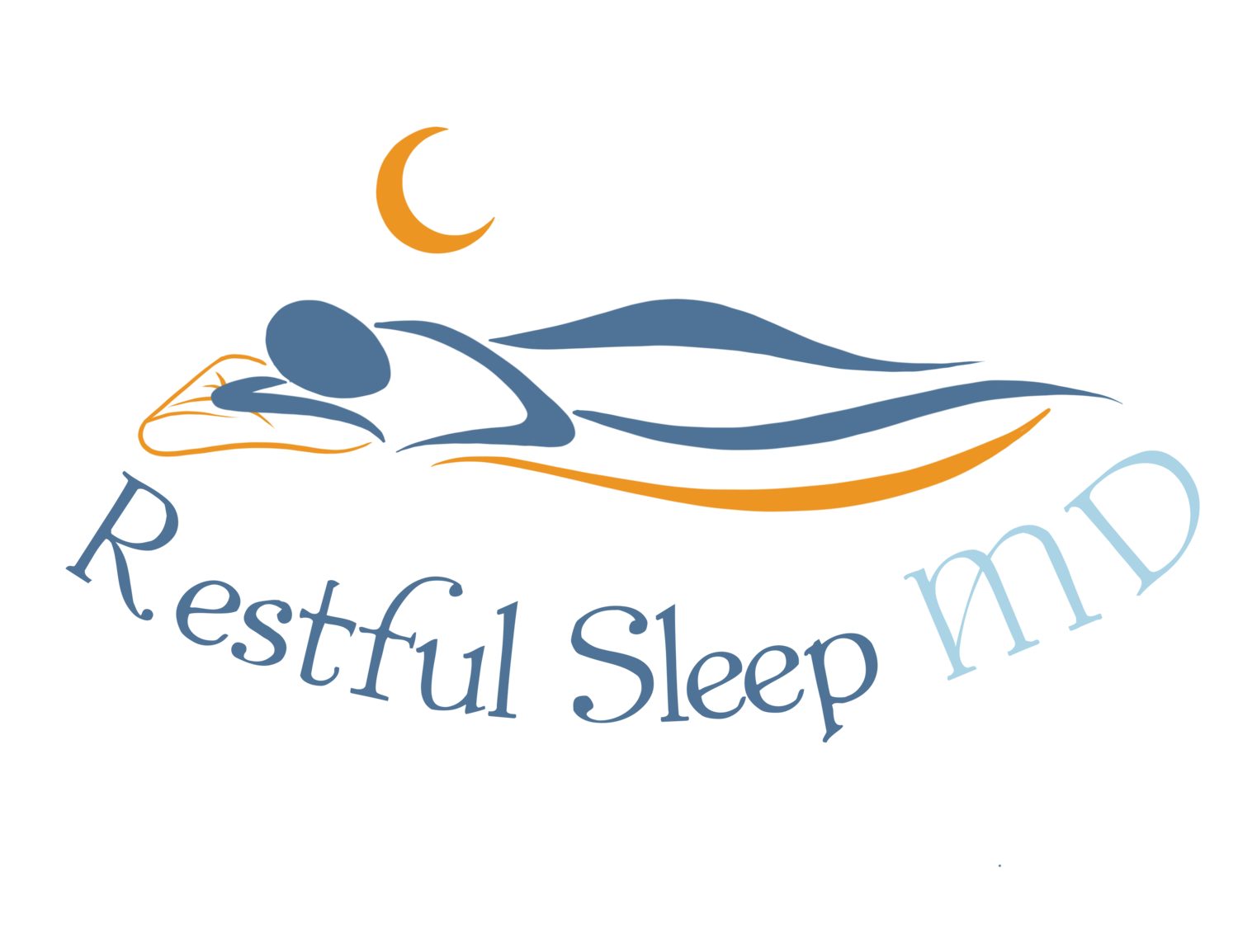Sleep in Children with Autism
Quality sleep is vital for everyone's well-being, yet for children with autism spectrum disorder (ASD) and their caregivers, navigating sleep challenges can be uniquely demanding. In this blog post, we explore actionable treatment strategies outlined to support children with autism in attaining improved sleep and flourishing.
Understanding the common triggers for sleep issues in children with autism, such as sensory sensitivities, communication difficulties, and irregular sleep patterns, is crucial.
Here are key strategies to improve sleep for children on the spectrum:
Establish a Consistent Bedtime Routine:
Consistency is paramount when creating bedtime routines for children with autism. Visual schedules can help outline the bedtime routine step-by-step, providing predictability and structure. Incorporating calming activities such as warm baths, soothing music, or massages can promote relaxation before bedtime, leading to more restful sleep.
Set a Consistent Sleep Time:
Determine an appropriate sleep time based on your child's individual needs and establish a consistent sleep schedule. Pay attention to cues and gradually adjust bedtime as needed. Introduce the concept of Sleep Fading for children who struggle to fall asleep, gradually shifting bedtime to align with their circadian rhythm, helping them sleep better.
Create a Comfortable Sleep Environment:
Minimize sensory stimulation in the bedroom by dimming lights, using blackout curtains, and employing white noise machines. Consider using weighted blankets or other sensory tools to provide comfort and promote relaxation, but consult with a healthcare professional first. Creating a calming environment can significantly contribute to sound sleep.
4. Limit Caffeine and Screen Time:
Avoid caffeine consumption, as it can disrupt sleep, and limit screen time before bedtime to prevent melatonin suppression. Extended-release melatonin may be beneficial for some children with autism to improve sleep onset and duration. Consulting with a pediatric sleep specialist can provide personalized guidance on managing screen time and other factors impacting sleep.
5. Address Medical Sleep Issues:
Medical conditions such as sleep apnea or restless leg syndrome can contribute to sleep disturbances in children with autism. Consult with a pediatrician or a sleep medicine specialist to address underlying medical issues and consider a sleep study if necessary. Proper diagnosis and treatment can lead to more consistent and restful sleep.
6. Implement Behavioral Strategies for Insomnia:
Behavioral strategies, such as graduated extinction, may be necessary to address insomnia in children with autism. Working with a behavioral sleep specialist or sleep therapist can provide tailored interventions to improve sleep quality. These professionals can offer techniques to help your child achieve sound sleep consistently.
Better sleep involves a combination of these strategies, including establishing a consistent bedtime routine, addressing sensory needs, and managing medical sleep issues like sleep apnea. With appropriate interventions, children with autism can experience improved sleep quality, leading to better daytime functioning and overall well-being.
Remember, prioritizing sleep is essential for both children with autism and their caregivers. By implementing these practical strategies and seeking support from healthcare professionals, such as sleep specialists and pediatric sleep specialists, families can create a positive sleep environment conducive to better sleep outcomes for children with autism. Regular consultations with a sleep clinic can also help in monitoring and adjusting sleep strategies for optimal results.
Prioritizing quality sleep not only helps children with autism sleep better but also ensures that their caregivers can rest and recharge, leading to a healthier and more harmonious family life.
Interested in additional sleep support? Learn more about Sleep Coaching and our Private Practice The Restful Sleep Place.


